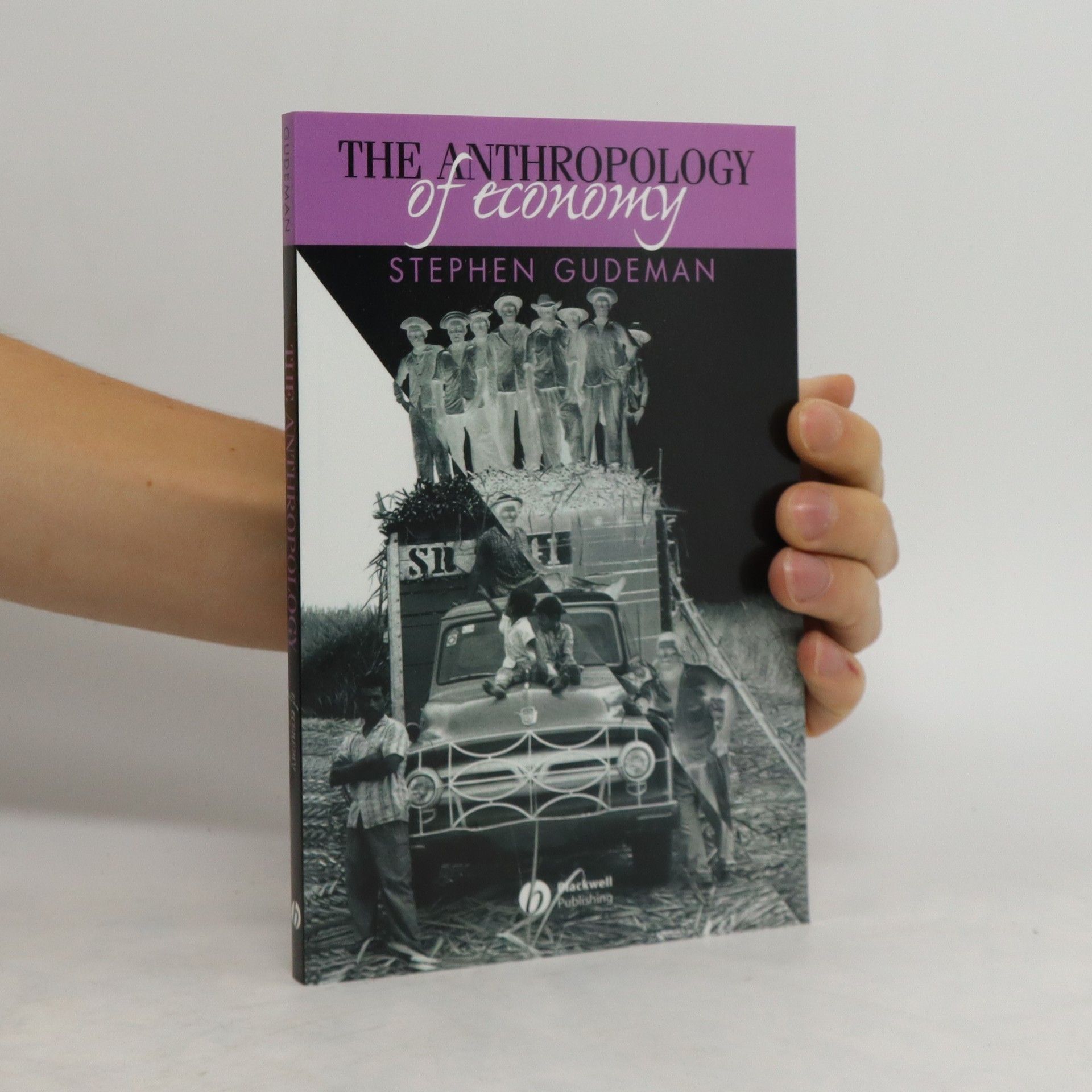The anthropology of economy : community, market, and culture
- 189pages
- 7 heures de lecture
Recent, dramatic changes in local and global economies have profoundly affected the lives of millions and have demanded that students of economy rethink their analytical approaches. In The Anthropology of Economy , noted anthropologist Steve Gudeman presents a model and lexicon for thinking about and discussing "things economic."

